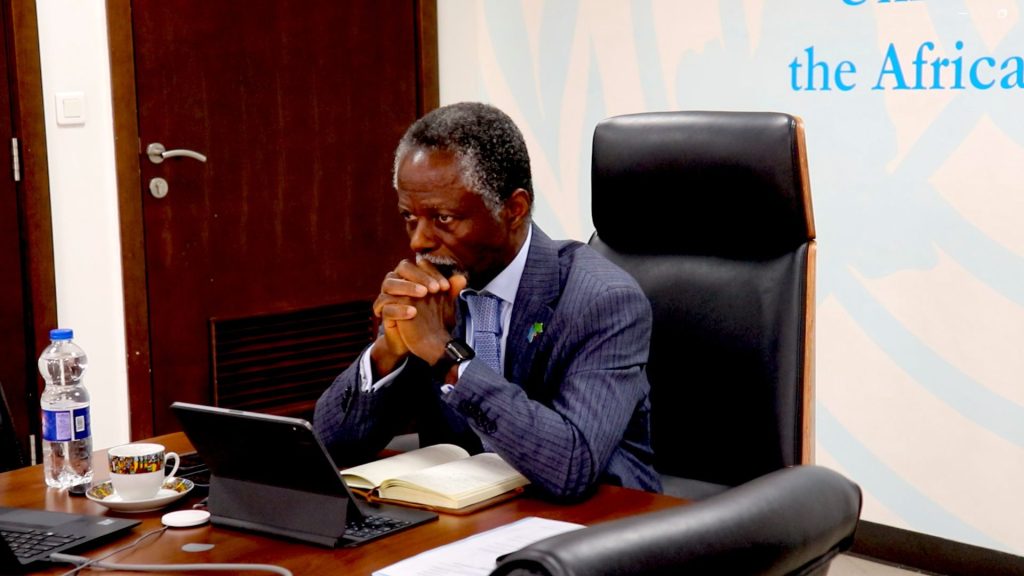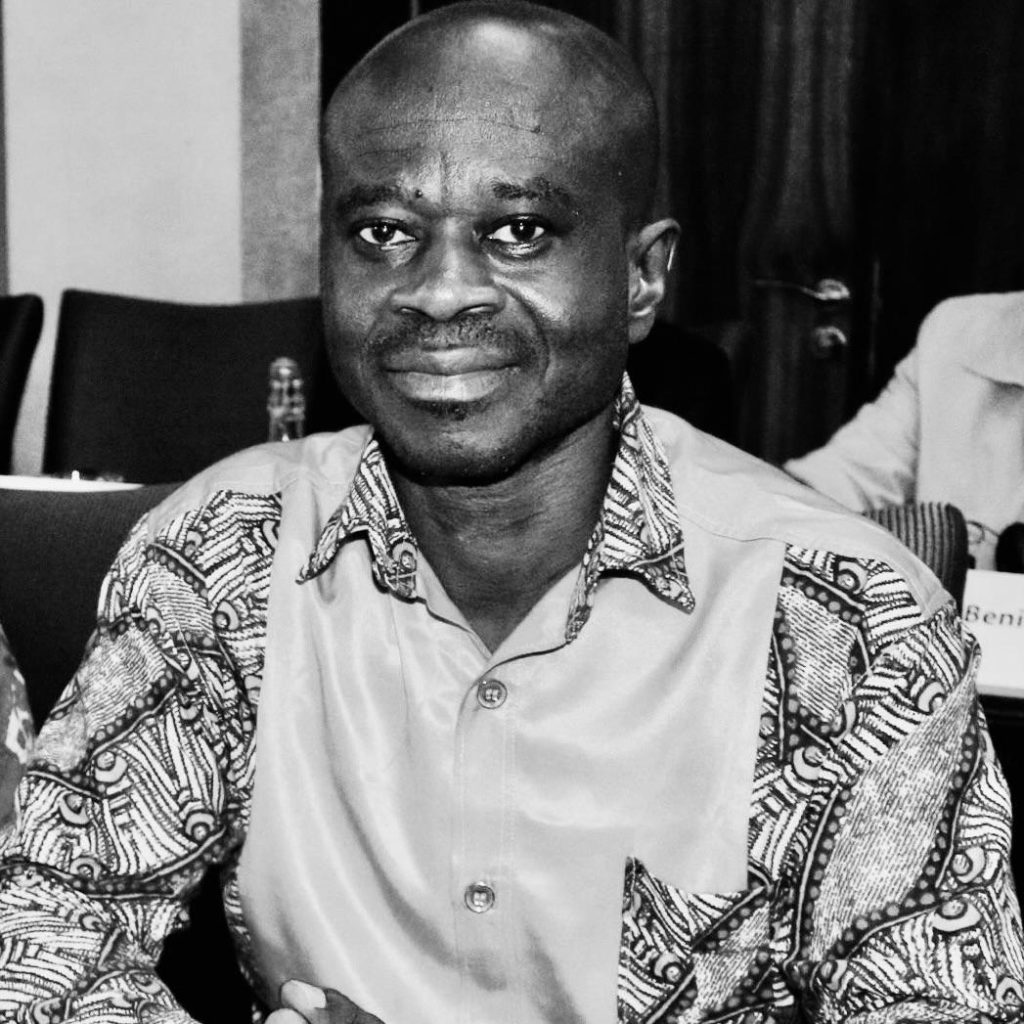As a continent, Africa is and will continue to be the worst impacted by climate change because of its high exposure and low adaptive capacity. For example frequent and more intense droughts, and heatwaves are increasing the demand for water and contributing to water scarcity. These impacts are not just affecting the climate but they have knock on effects on human health. Existing chronic conditions will be exacerbated, deaths and injuries from extreme events will rise, the risk of infectious diseases (including food, water, and vector borne illnesses like malaria) will increase, as will undernutrition. In sub-Saharan Africa, there are also several ‘climate change hotspots’ where strong physical and ecological effects of climate change intersect with populations of poor and vulnerable communities.
Other challenges exacerbate these impacts. For example, urbanisation, land use change, energy poverty, economic inequality, and external influences such as political conflict and unrest in Africa and other parts of the world, are affecting food supplies, placing more Africans at risk of malnutrition.
Concurrently, Africa is on a development trajectory – the African Union’s Agenda 2063 calls for the transformation of economies, modernised agriculture and the promotion of environmental sustainability, among others, to transform the continent into a global powerhouse of the future. Grappling with climate change impacts while pushing ahead with an economic development agenda presents both challenges and opportunities and calls for increased adaptive capacity and resilience across all sectors.
This begins with integration. The African Union’s Climate Change Strategy seeks to bolster governance and policy coordination by encouraging governments to integrate climate change into national and regional policies. However, the incorporation of climate change within health policy is still in its infancy. This is clear from the level to which African countries have addressed health related risks and responses in their updated National Determined Contributions (NDCs) under the Paris Agreement.
The process of updating NDCs and incorporating health within them is challenging. As of 10 February 2025, the deadline set by the United Nations Framework Convention on Climate Change (UNFCCC) for the submission of updated NDCs, only 13 out of 195 Parties to the Paris Agreement had done so. Among African nations, Zimbabwe was the sole country to submit its NDC 3.0 on time. Prior to this deadline, as of May 2022, 45 African countries had submitted updated versions of their first NDCs, however, several countries, including Algeria, Botswana, Egypt, Equatorial Guinea, Eritrea, Djibouti, Gabon, Lesotho, and Madagascar, had only submitted their initial NDCs by that time. The low number of timely submissions highlights the challenges many African nations face in compiling these documents. Despite the mention of health impacts in these NDCs, little reference is made to evidence or policies on health impacts from climate change. This highlights the underrepresentation of health considerations in impact mitigation discussions.
Countries like Uganda have developed National Climate Change and Health Adaptation plans to address climate-related health risks, focusing on training healthcare workers and enhancing infrastructure resilience. However, while laudable, these kinds of plans can be challenging to fully implement because of a lack of finance and other resources, inadequate healthcare infrastructure and insufficient data. Having enough or adequate data is especially important to monitor policy effectiveness and whether change is occurring. Uganda is not alone. Many African countries lack meteorological and health data, to fully understand the extent, severity and impact of climate change related risks. This hampers their ability to develop effective and responsive policy. It also makes it more challenging to formulate health focused climate change responses in their NDCs.
Despite these challenges, some African regions are increasingly seeking to prioritise health in their overarching policy responses. Looking at the latest NDC commitments by countries in the Southern African Development Community (SADC), human health was singled out as a priority sector for adaptation. For instance, many NDCs focused on the need for water resource management and the provision of early warning systems, geared at reducing the impacts of extreme events on human health.
A lack of finance and human capacity are well known challenges on the continent, however they are not determinative and policies can still be strengthened notwithstanding these constraints. Integrated approaches that combine climate adaptation strategies with health policies can create synergies that enhance resilience. Furthermore, the involvement of local communities in policy development ensures that interventions are culturally appropriate and address specific local needs.
International and private sector financial support and global partnerships remain key to ensuring that the necessary resources to implement and scale-up effective climate-health initiatives are available. This is an increasingly real concern, as countries like the USA withdraw their global health finance, including for programmes in Africa. Since dependence on international aid is not sustainable, it might be time for Africa and the global South to re-imagine how they support human health through regional collaborations and alternative funding mechanisms.
Prioritising the implementation of adaptation measures is critical to building climate resilience in Africa. Investment in technologies and systems to enhance the accuracy and lead time of early warning systems can save lives and protect livelihoods. Evidence informed policy also plays a pivotal role in fostering adaptive responses to climate change and health in Africa. When effective, policies can strengthen healthcare systems, enhance early warning mechanisms, and promote sustainable land and water management to reduce disease burdens and food insecurity. By integrating climate adaptation into national health strategies, governments can address rising risks such as heat stress, vector-borne diseases, and air pollution. Ultimately, strong and adaptive policies are key to building climate-resilient communities and safeguarding public health across the continent.
Dr Caradee Wright is a Chief Specialist Scientist leading the Climate Change and Health Research Programme, and Dr Thandi Kapwata is a Specialist Scientist in the Environment & Health Research Unit both at the South African Medical Research Council.





